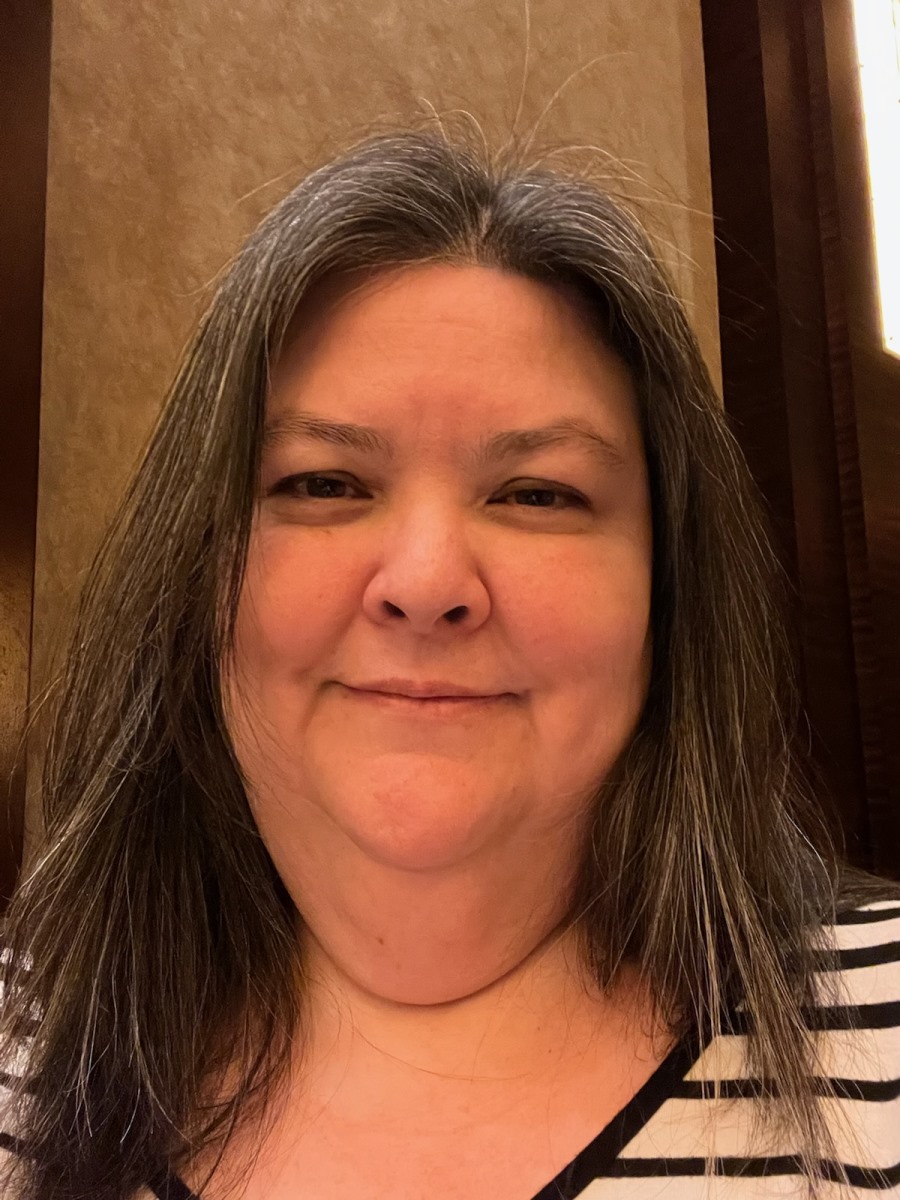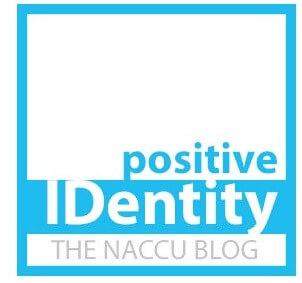More Than Just a Campus Card: A Conversation with Melinda Bakken
More Than Just a Campus Card:
A Conversation with Melinda Bakken
From her initial start into the campus card industry as a Personal Identification (PID) administrator in 2004 to leading the Campus Card Services office at the University of North Carolina at Chapel Hill, Melinda Bakken’s career has grown alongside the evolution of campus credentialing itself. In my recent conversation with Melinda, she reflected on lessons learned, industry shifts, and the unpredictable, rewarding nature of her work.
Stepping into Campus Card Services
Melinda's journey into the campus card industry began unexpectedly. When her predecessor retired, she was asked to take over his role. Luckily, her transition was supported by eight months of hands-on training before he left the University. At the time, she didn’t realize her new position would stretch far beyond issuing ID cards.
“People don’t realize how many systems and services are tied to a campus card,” she shared. “It’s not just about printing IDs, it’s about managing secure credentials, data systems, access controls, and financial contracts.”
Managing a Role That’s Always Evolving
What makes Melinda's job unique is its wide variety and there’s no such thing as a typical week. From supervising student workers to coordinating with campus police on credentialing needs, managing banking contracts, and covering front desk duties, she’s become a jack-of-all-trades, and often the only one available to handle urgent tasks.
 “My schedule follows the rhythm of the academic calendar. Things ramp up fast during back-to-school, and there’s always a new facility project or operational challenge on the horizon.”
“My schedule follows the rhythm of the academic calendar. Things ramp up fast during back-to-school, and there’s always a new facility project or operational challenge on the horizon.”
Even as some traditional aspects like campus cash and laundry services fade away (thanks to digital payments and cashless trends), Melinda’s work remains vital to the student experience.
Planning for the Future and Beyond
One of the biggest shifts on the horizon is the 2029 end-of-support for UNC at Chapel Hill’s current campus card software system. The transition will require an RFP process and significant strategic planning, something Melinda is already preparing for, particularly with increasing emphasis on mobile credentials and IT integration.
“Our role in this office has become very IT-driven,” she noted, “especially with mobile credentials. Some staff found the tech shift challenging, but tools like the NACCU Vault have been essential for planning and benchmarking.”
Security, Credentials, and a Changing Campus Landscape
Security is a growing concern across campus, and Melinda’s team works closely with high-security areas, such as BSL-3 labs and emergency responders, to manage layered credentialing strategies using both physical and mobile IDs.
“Managing security-conscious users who don’t always understand the implications of new systems, that’s going to be a major challenge in the next 3–5 years.”
How NACCU Changed the Game
Melinda credits NACCU with shaping her career, offering not just resources but a deeply collaborative community.
From serving on committees to learning from peer institutions, Melinda emphasized the power of professional engagement. She recently sent one of her staff members to NACCU’s Data Summit, resulting in innovative proposals that aligned with her leadership’s push for data-driven decisions.
“The openness in this industry is rare. People want to share knowledge. That kind of networking has made a huge difference in my ability to lead effectively.” She goes on to say “take advantage of the Vault, the listserv, the NACCU Annual Conference and join one of the many committees. It helps you see what other NACCU members are going through and everyone is willing to support each other.”
Advice for Newcomers: Advocate and Enjoy the Work
Melinda encourages those new to the campus card world to speak up, seek support, and embrace the unique culture of the field.
“This job isn’t always easy, and sometimes it can feel like you’re on your own. But if you advocate for yourself and connect with the community, you’ll find support and success.”
Above all, she stressed the importance of finding joy in the work.
“I truly love what I do. Helping others, solving problems, and making life easier for students, that’s what drives me. If you can stay connected to that, everything else falls into place.”
Final Thoughts
Melinda’s career shows that campus card services is far more than a back-office operation, It's a mission-critical service at the intersection of student life, security, and technology. Her advice to others? Stay curious, stay engaged, and never underestimate the power of passion and perseverance.
If you’d like to be like Melinda and send someone from your team or attend yourself, register to attend the next NACCU Data Summit, on December 9 – 10 at Emory University, Atlanta, GA.

